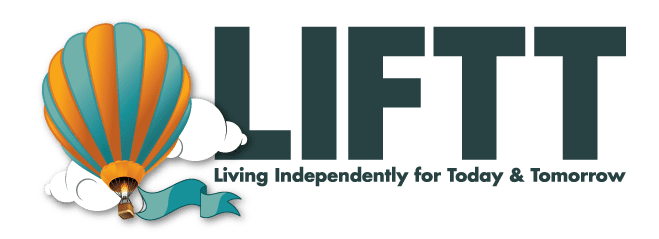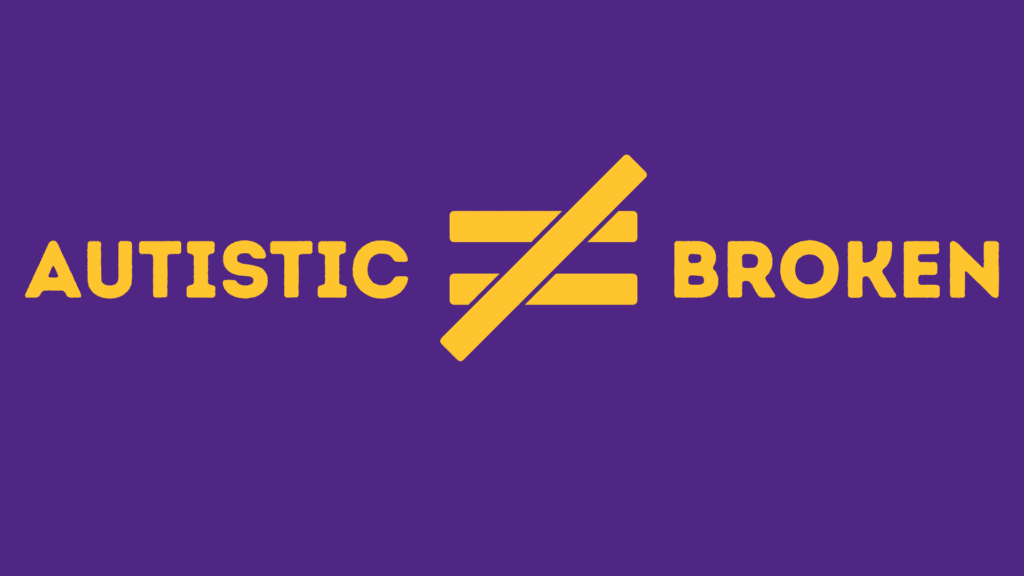A Personal Reflection on the Autism Discussion Sparked by RFK Jr.
By Jed Barton, LIFTT Public Relations, Government Affairs, and IL Specialist
As someone who is on the autism spectrum, I felt concerned by recent remarks from Secretary of Health and Human Services, Robert F. Kennedy Jr., during a press conference where he announced a new federal initiative to investigate the causes of what he referred to as the “Autism epidemic.” This effort, to be led in part by wellness influencers, appears to rely on narratives that have often linked autism to discredited or unproven theories about vaccinations, while minimizing the well-documented role of advances in diagnostic practices that have helped us better understand and identify autism across a broader population.
What I find especially troubling is that this initiative seems to give little voice to those of us in the autism community. While understanding the roots of autism can be valuable, many of us believe the greater priority should be promoting inclusive supports and accommodations that empower individuals to live fully, whether that means having a job, enjoying recreational activities, or building meaningful relationships.
This shift in focus is particularly concerning at a time when important research in areas such as environmental health, cancer, and cardiovascular disease — conditions that directly impact longevity — is facing possible funding cuts. It’s disheartening to see resources potentially redirected in ways that may not align with the priorities of the communities most affected.
I say this fully aware of the privileges I hold — racial, socioeconomic, educational, and otherwise — which afford me the platform to speak out. But I must also be honest: for the first time, I feel genuinely uneasy. The direction this administration is taking feels deeply personal, as if who I am — neurologically — is being treated not as a valid human variation, but as something to be fixed or eliminated.
Why this discomfort? Perhaps it’s more than just politics or funding priorities. A recent comment by Secretary of Commerce Howard Lutnick struck a chord. He spoke of revitalizing America’s economy through a return to traditional manufacturing jobs passed from one generation to the next. This vision values consistency, conformity, and predictability — qualities that may not always align with the strengths and needs of neurodivergent individuals.
There’s nothing wrong with making widgets or following structured career paths. But people like me — those who are neurodivergent — often thrive outside conventional lines. We bring different perspectives, creative approaches, and novel problem-solving skills, even if we don’t always fit neatly into predefined roles. That doesn’t make us less valuable; it makes us part of the broader human mosaic.
So, what can we do? I turn to the words of Robert F. Kennedy Sr., who once told students in apartheid-era South Africa: “Few will have the greatness to bend history itself, but each of us can work to change a small portion of events… and in the total of all those acts will be written the history of this generation.”
Each of us can take a stand in small ways — by affirming that autism and neurodivergence are not flaws to be eradicated but differences to be embraced. We don’t need a cure. What we need are environments and systems that recognize, respect, and support who we are.
About Living Independently for Today & Tomorrow (LIFTT): LIFTT is a Montana 501(c)3 corporation organized as a Center for Independent Living (CIL). With team members based in Billings and Glendive, LIFTT provides aging and disabled members of the community with programs and services that help empower them to break down the physical, bureaucratic, and cultural barriers that prevent them from being fully independent participants in their lives and communities throughout 18 counties in southeastern and south-central Montana: Big Horn, Carbon, Carter, Custer, Dawson, Fallon, Garfield, Golden Valley, McCone, Musselshell, Powder River, Prairie, Richland, Rosebud, Stillwater, Treasure, Wibaux, and Yellowstone. For more information, please visit liftt.org or download our mobile app for your Apple or Android Device.

